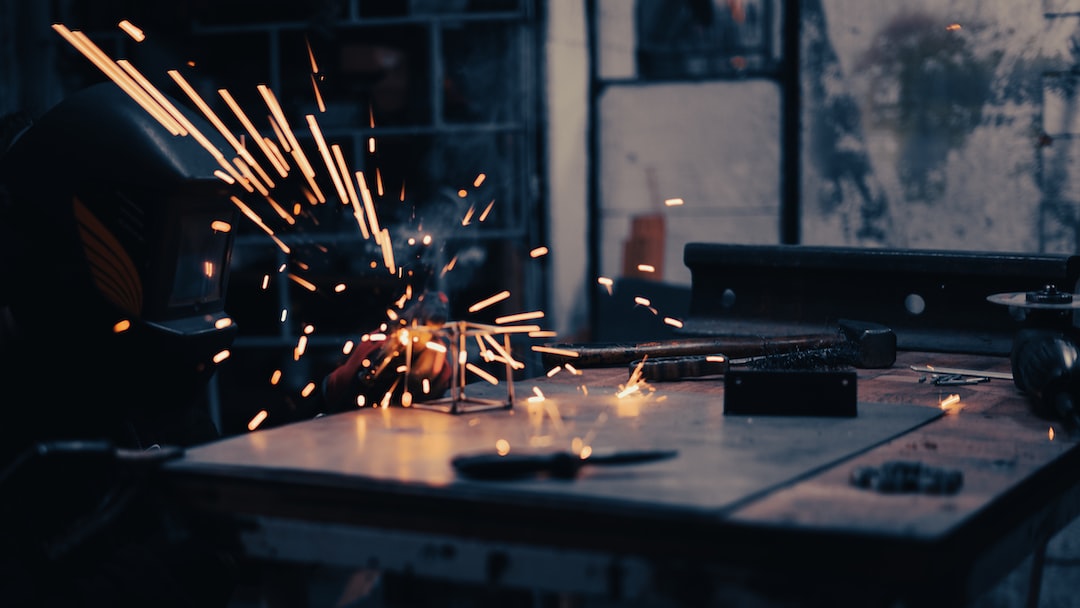Mass production is a manufacturing method that allows for the production of large quantities of goods at a rapid pace. This method has revolutionized the manufacturing industry, leading to increased efficiency, lower costs, and improved productivity. However, it also comes with its fair share of drawbacks. In this blog post, we will discuss the pros and cons of mass production in manufacturing.
One of the primary advantages of mass production is the cost-saving benefits. By producing goods in large quantities, manufacturers can take advantage of economies of scale, which results in reduced production costs. This, in turn, allows for lower prices for consumers. Additionally, mass production allows for quicker production times, enabling businesses to meet increasing demand and efficiently fulfill customer orders.
Another benefit of mass production is improved quality control. With standardized processes and automated systems, manufacturers can ensure consistent quality across all units. This reduces the likelihood of defects, enhancing customer satisfaction and product reliability. Additionally, mass production allows for tighter quality control by detecting and eliminating potential flaws in the production process at an early stage.
Furthermore, mass production allows for innovation and technological advancements. Manufacturers can invest in specialized machinery and technologies to optimize production processes, resulting in higher efficiency and productivity. This also encourages continuous improvement and the development of new manufacturing techniques, fostering innovation within the industry.
However, mass production is not without its downsides. One major con is the potential negative impact on the environment. Mass production often leads to excessive resource consumption and increased waste generation. The extraction of raw materials and the energy required for mass production contribute to pollution and environmental degradation. Additionally, the disposal of unwanted or defective products further adds to the waste problem.
Another disadvantage of mass production is the potential loss of individuality and craftsmanship. As goods are produced on a large scale, there is a decrease in customization and personalization options. This can result in a lack of uniqueness and a standardized feel to the products. Moreover, mass production may lead to the displacement of skilled workers, as automation and the use of machinery may replace certain manual tasks.
In conclusion, mass production in manufacturing offers numerous benefits, such as lower costs, improved quality control, and technological advancements. However, it also poses environmental challenges and may diminish individuality and craftsmanship. As with any manufacturing method, it is essential to weigh the pros and cons to determine the most suitable approach for each specific industry and product.

